A great memory does not make a philosopher, any more than a dictionary can be called grammar
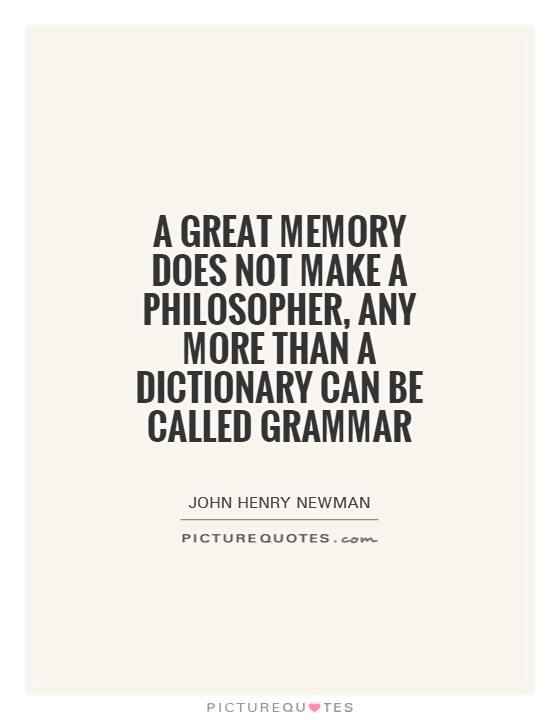
A great memory does not make a philosopher, any more than a dictionary can be called grammar
John Henry Newman, a prominent figure in the history of philosophy and theology, once said, "A great memory does not make a philosopher, any more than a dictionary can be called grammar." This statement encapsulates Newman's belief that true philosophical understanding goes beyond mere memorization of facts and information. Instead, it requires critical thinking, analysis, and the ability to synthesize knowledge in a meaningful way.Newman was a firm believer in the importance of intellectual inquiry and the pursuit of truth. He believed that philosophy was not simply about regurgitating information or memorizing theories, but rather about engaging with ideas, questioning assumptions, and seeking deeper understanding. In this sense, Newman saw philosophy as a discipline that required active engagement and reflection, rather than passive absorption of knowledge.
For Newman, a great memory alone was not enough to make someone a philosopher. While memory certainly plays a role in the acquisition of knowledge, true philosophical insight requires more than just the ability to recall facts and figures. It requires the ability to think critically, to analyze and evaluate arguments, and to engage in meaningful dialogue with others.
Similarly, Newman's comparison of a dictionary to grammar highlights the distinction between mere knowledge and true understanding. A dictionary may contain a wealth of information about words and their meanings, but without an understanding of grammar and syntax, that information remains disconnected and meaningless. In the same way, memorizing facts and information without the ability to analyze and synthesize that knowledge does not make someone a philosopher.

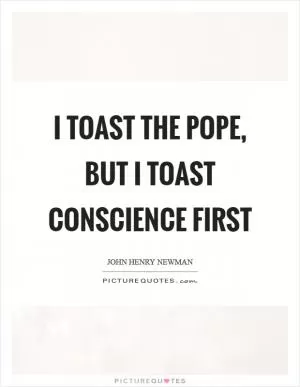

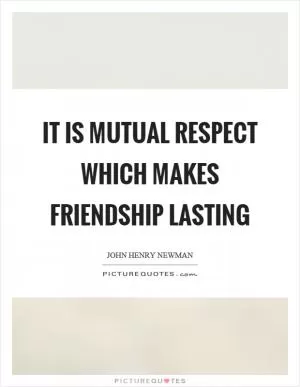




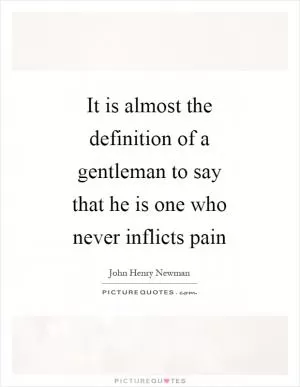
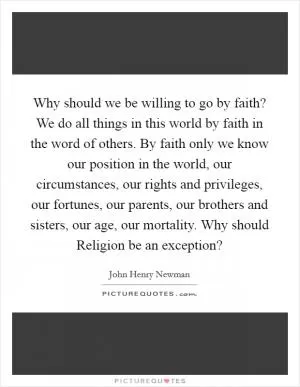

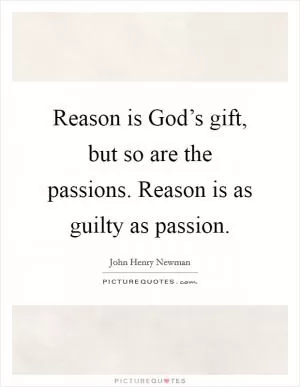
 Friendship Quotes
Friendship Quotes Love Quotes
Love Quotes Life Quotes
Life Quotes Funny Quotes
Funny Quotes Motivational Quotes
Motivational Quotes Inspirational Quotes
Inspirational Quotes